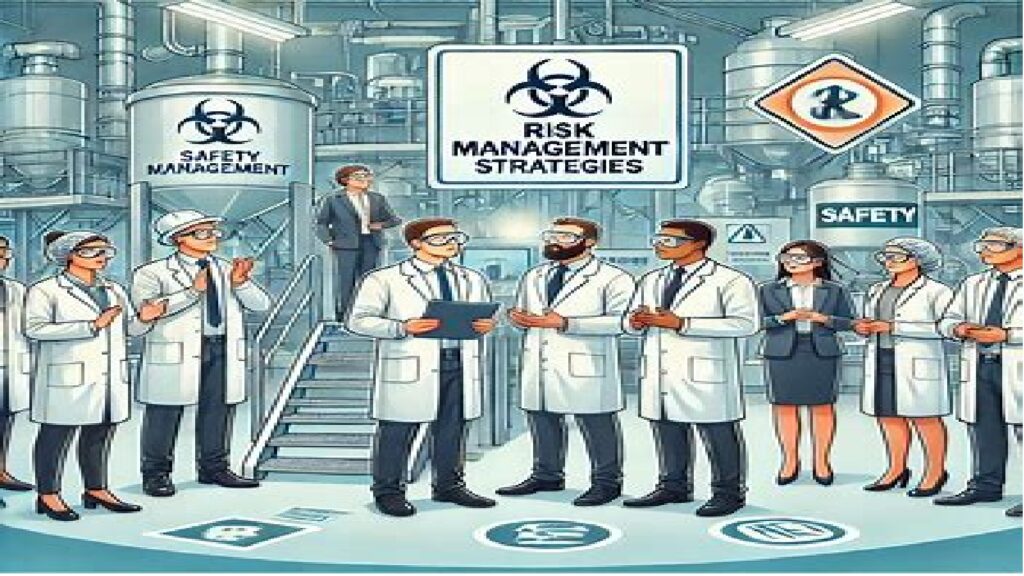“Navigating Challenges: Effective Strategies for Managing Risk in Pharmaceutical Manufacturing”
“Optimizing Pharmaceutical Production: The Role of Lean Manufacturing”
“Optimizing Pharmaceutical Production: The Role of Lean Manufacturing” Read More »
“Ensuring Excellence: The Crucial Role of Data Integrity in Pharmaceutical Manufacturing”
“Navigating the Challenges of 3D Printing in Pharmaceutical Manufacturing”
“Navigating the Challenges of 3D Printing in Pharmaceutical Manufacturing” Read More »
“Pharmaceutical Manufacturing Outsourcing: Benefits and Challenges Explored”
“Pharmaceutical Manufacturing Outsourcing: Benefits and Challenges Explored” Read More »
“Advancing Quality Control in Pharmaceutical Manufacturing: Techniques, Best Practices, and Future Trends”
“Transforming Pharmaceutical Manufacturing: The Role and Impact of Sustainability”
“Transforming Pharmaceutical Manufacturing: The Role and Impact of Sustainability” Read More »
“Revolutionizing Pharmaceuticals: How AI is Transforming Manufacturing Processes”
“Revolutionizing Pharmaceuticals: How AI is Transforming Manufacturing Processes” Read More »
“Optimizing Pharmaceutical Supply Chain Management: Balancing Efficiency and Security”
“Optimizing Pharmaceutical Supply Chain Management: Balancing Efficiency and Security” Read More »










